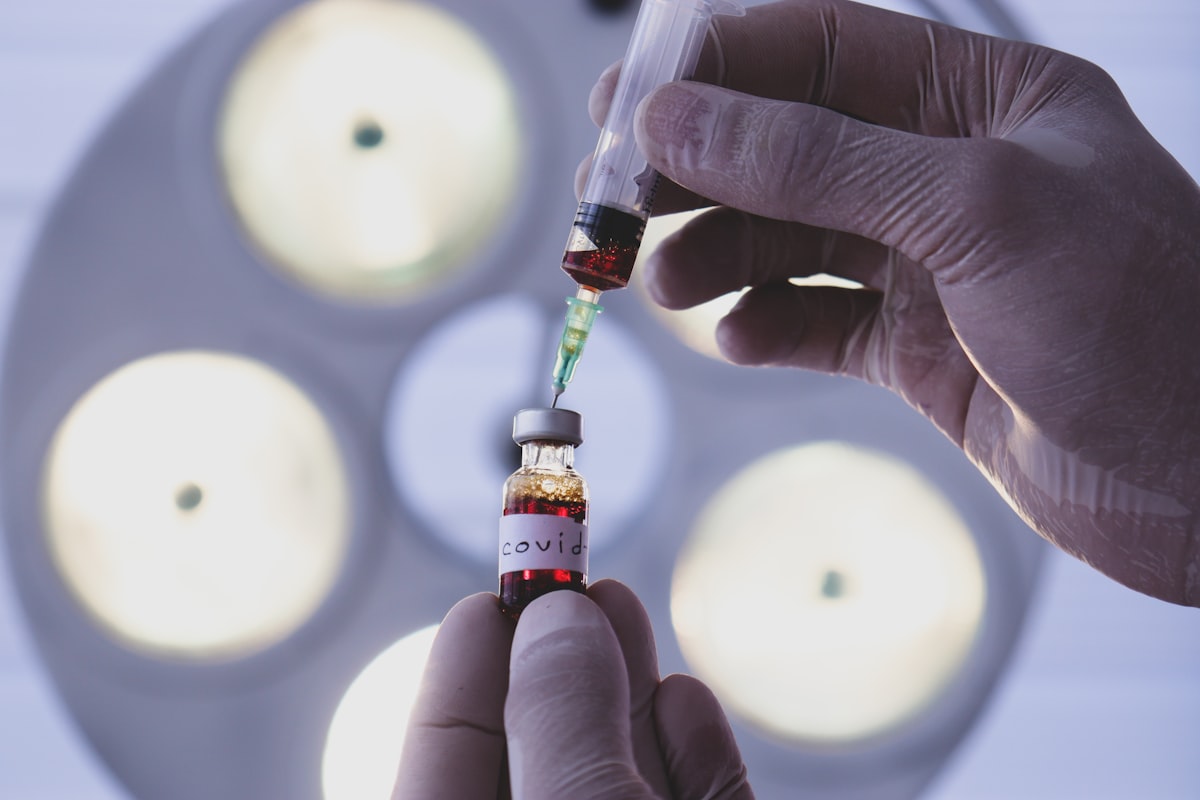New drugs against COVID-19 are not a substitute for vaccination: experts
Some new drugs against COVID-19 are not a substitute for the vaccine. Instead, these medications are a complement, an extra lifesaver, and an additional tool in the fight against COVID-19.





